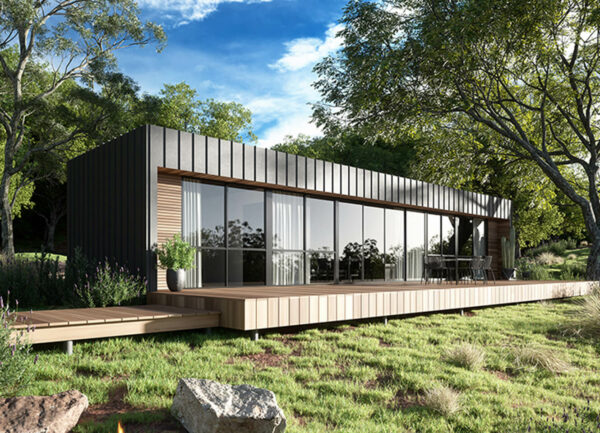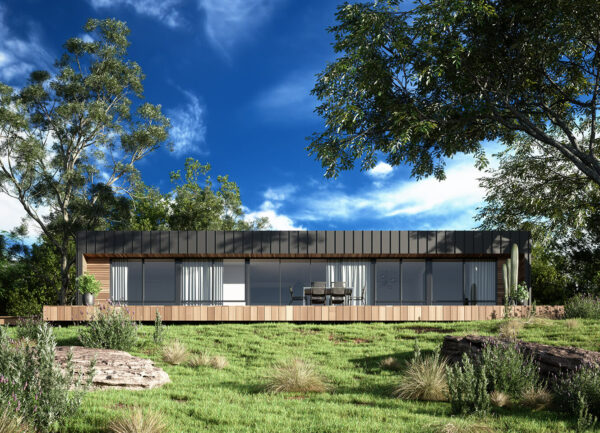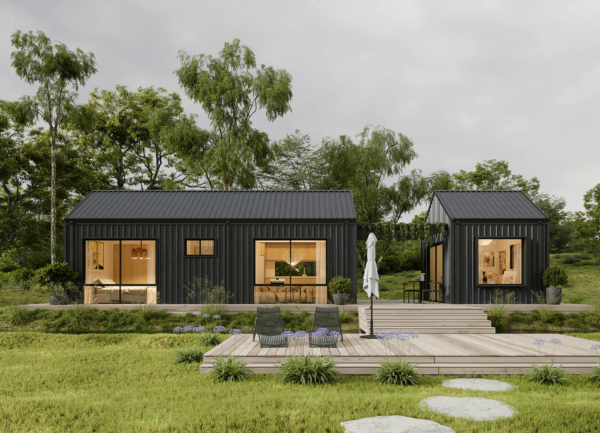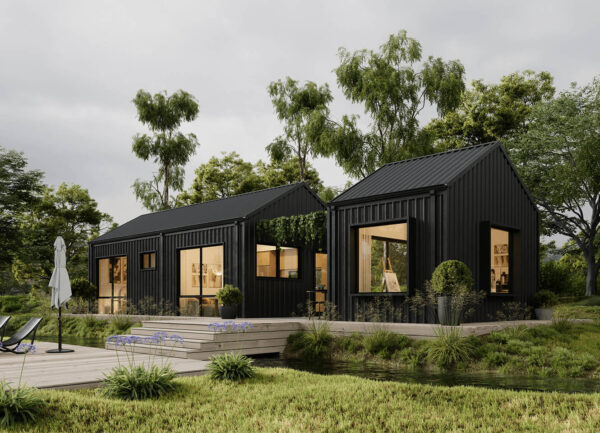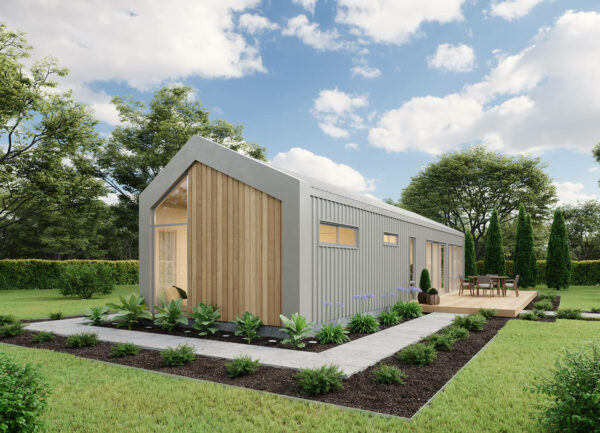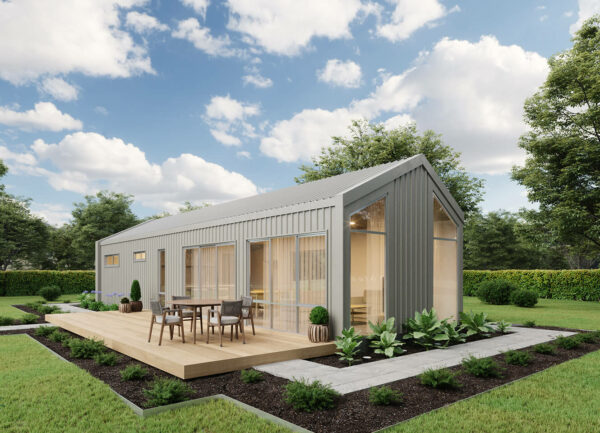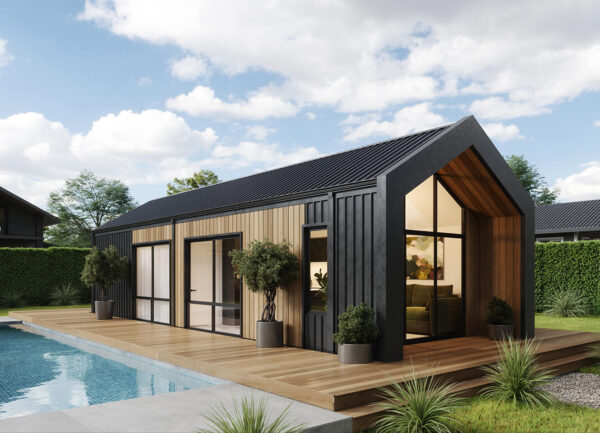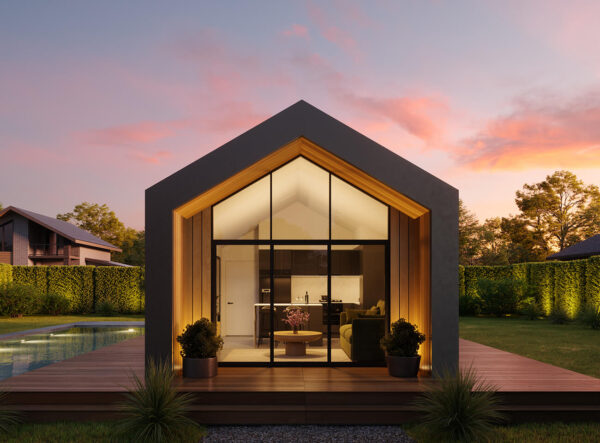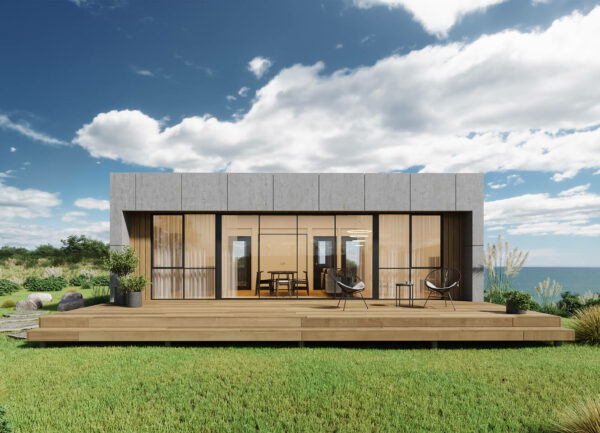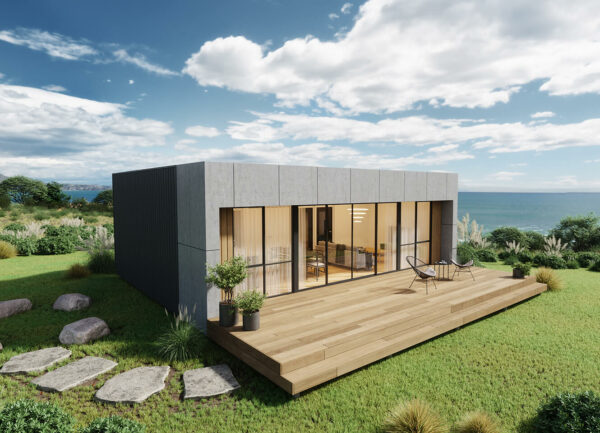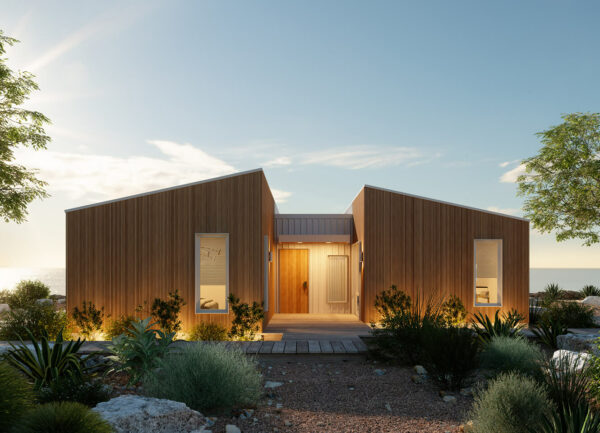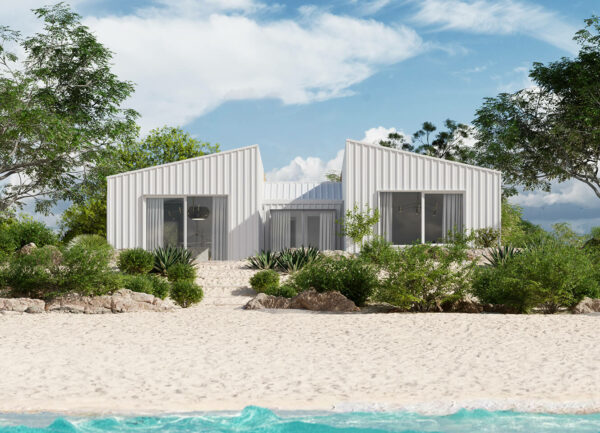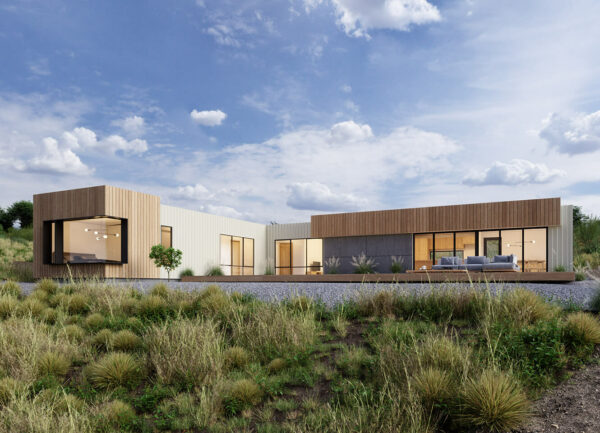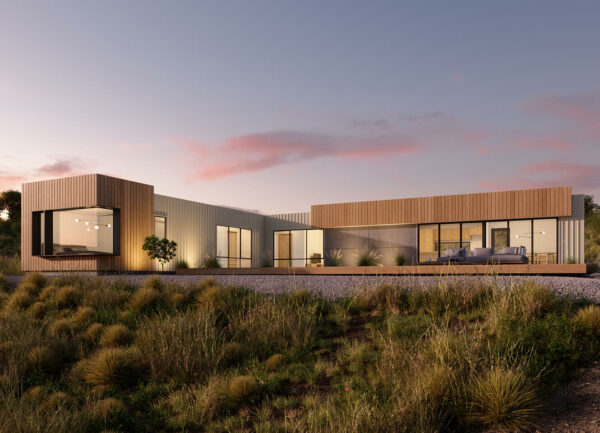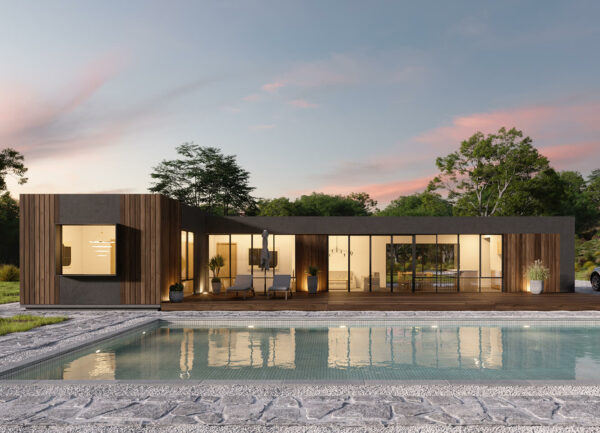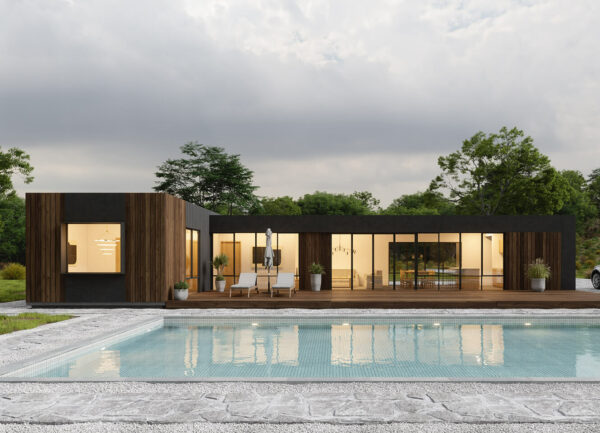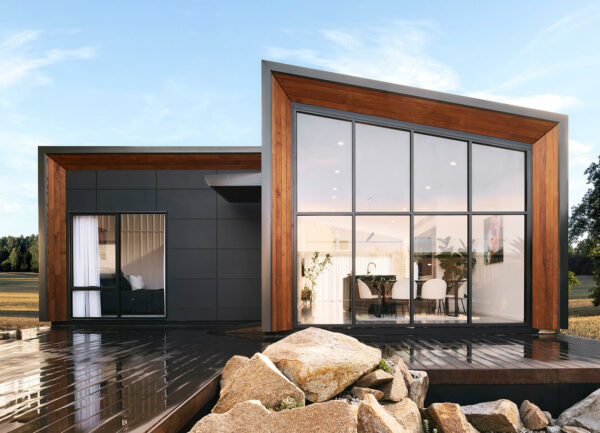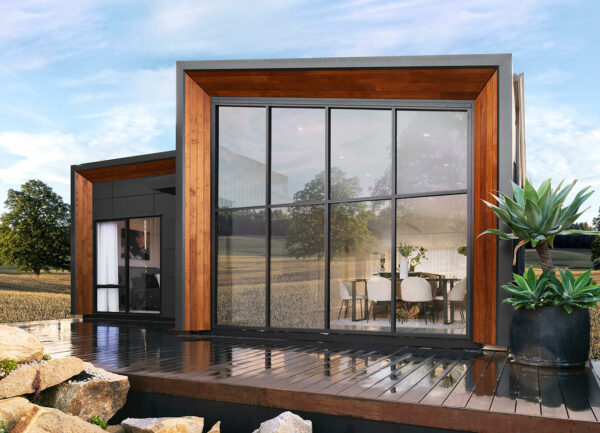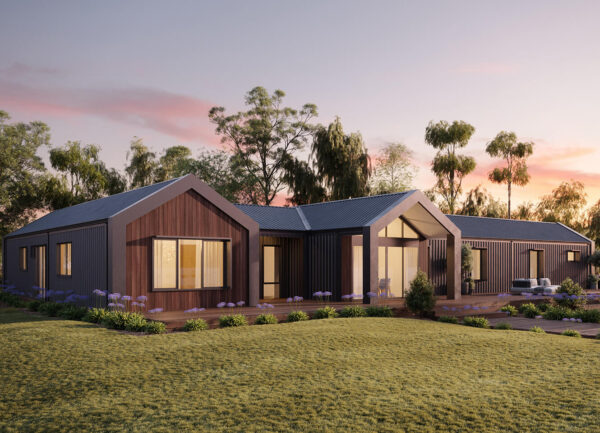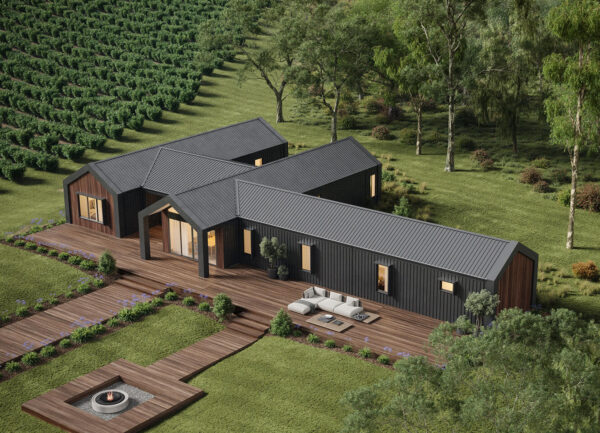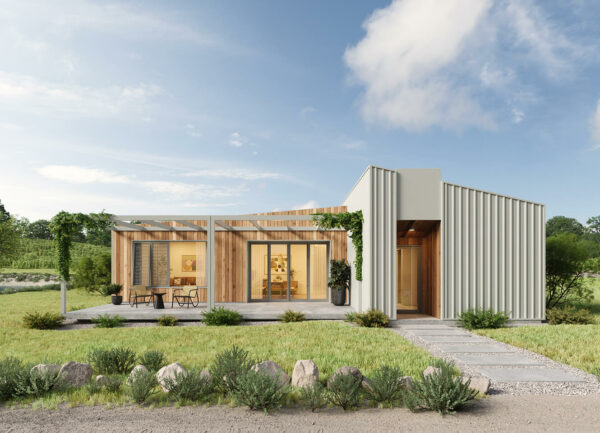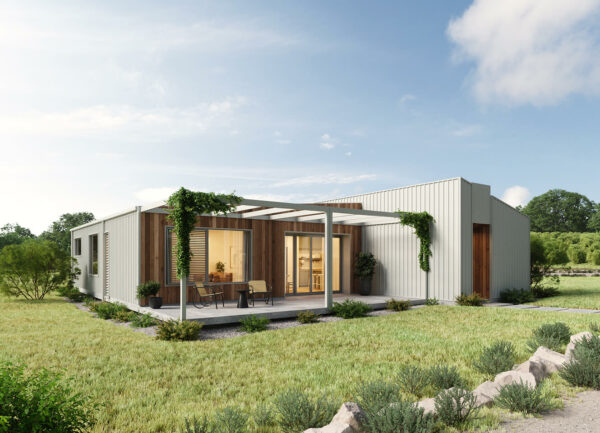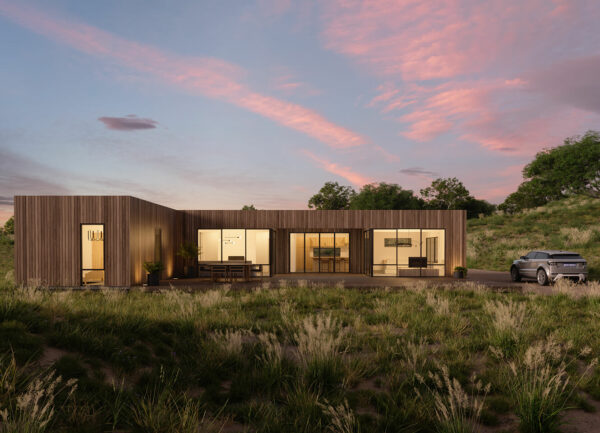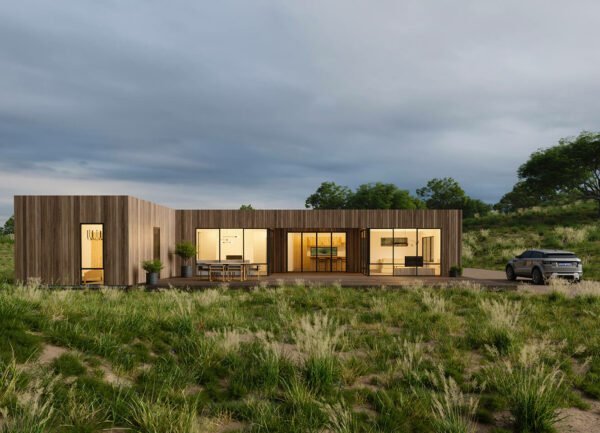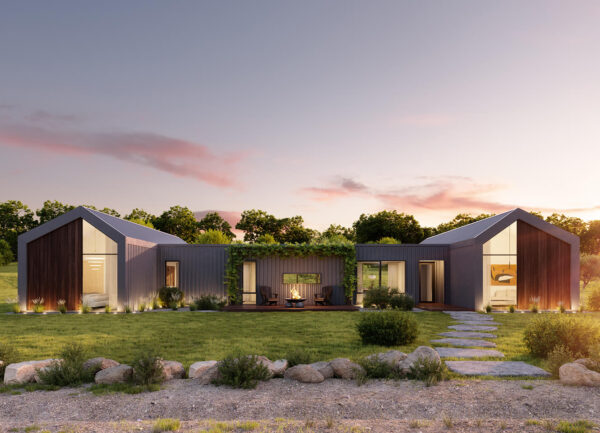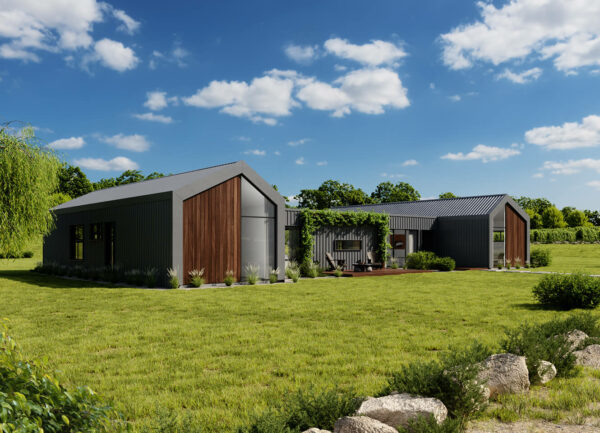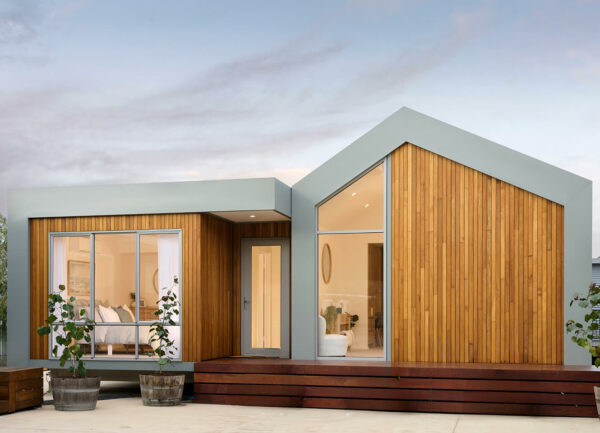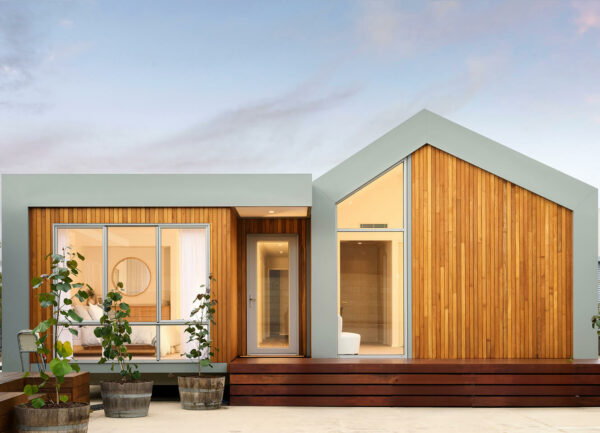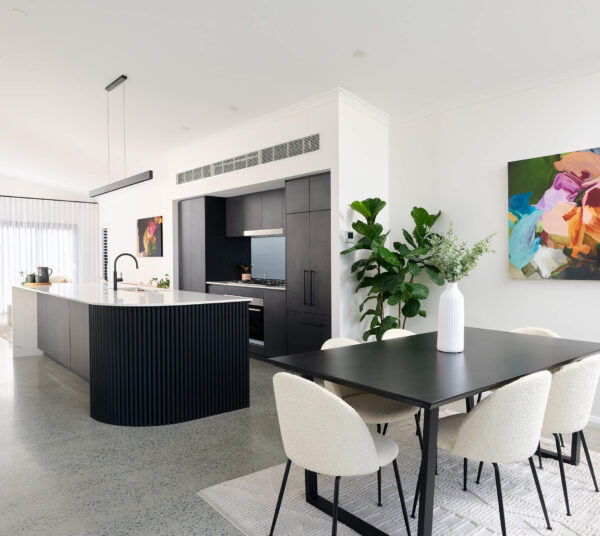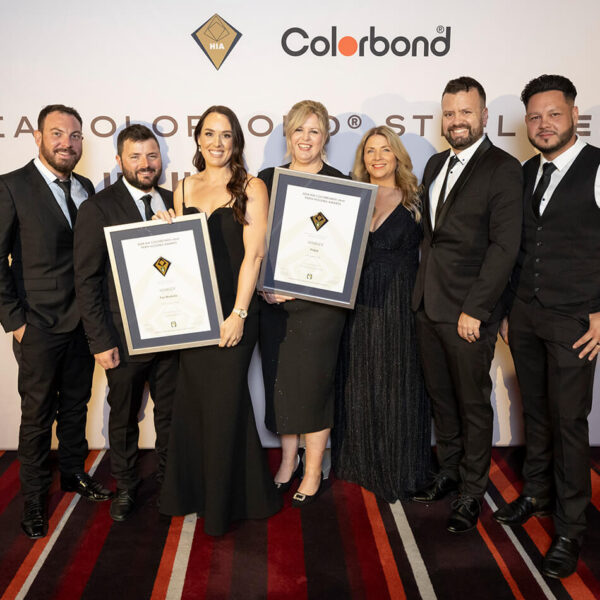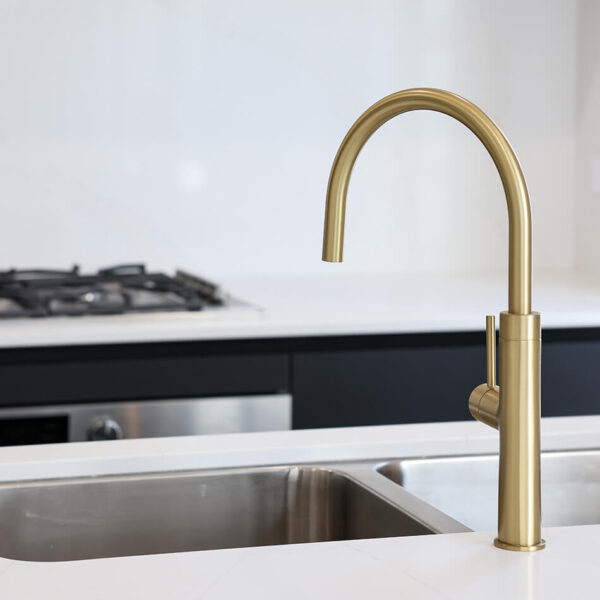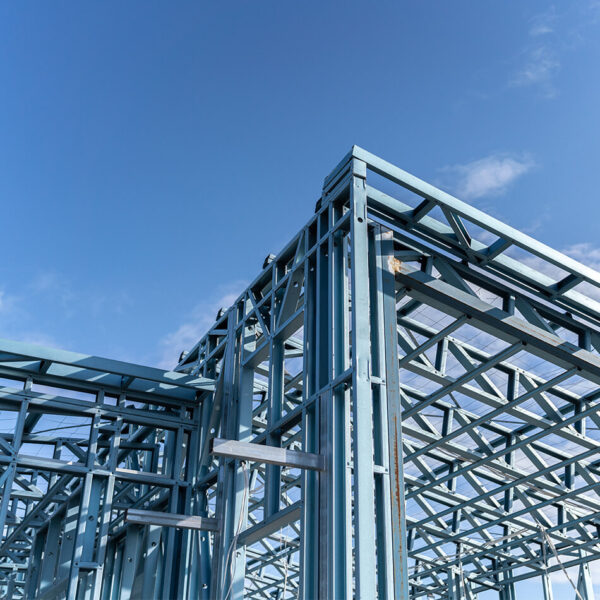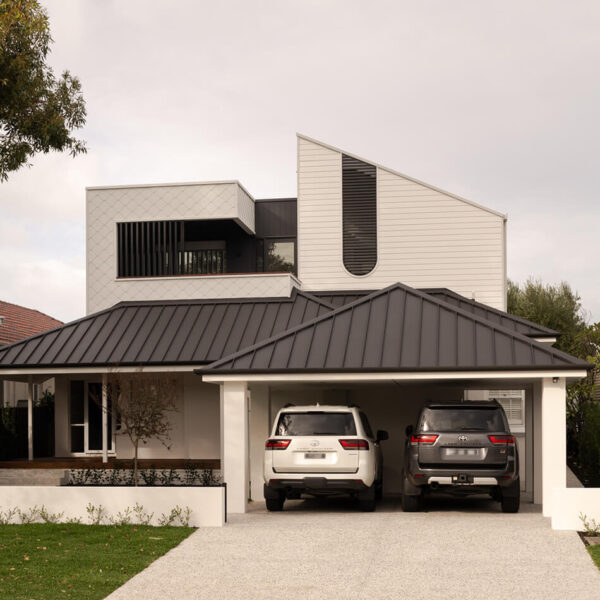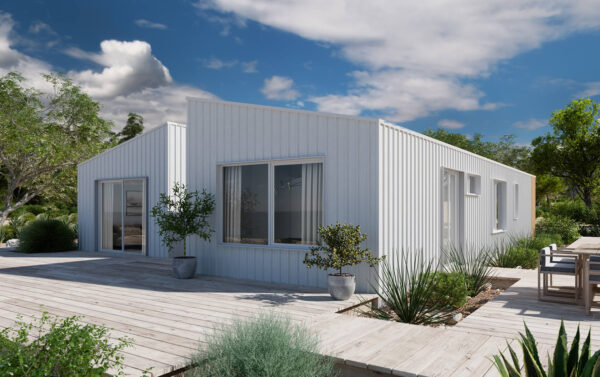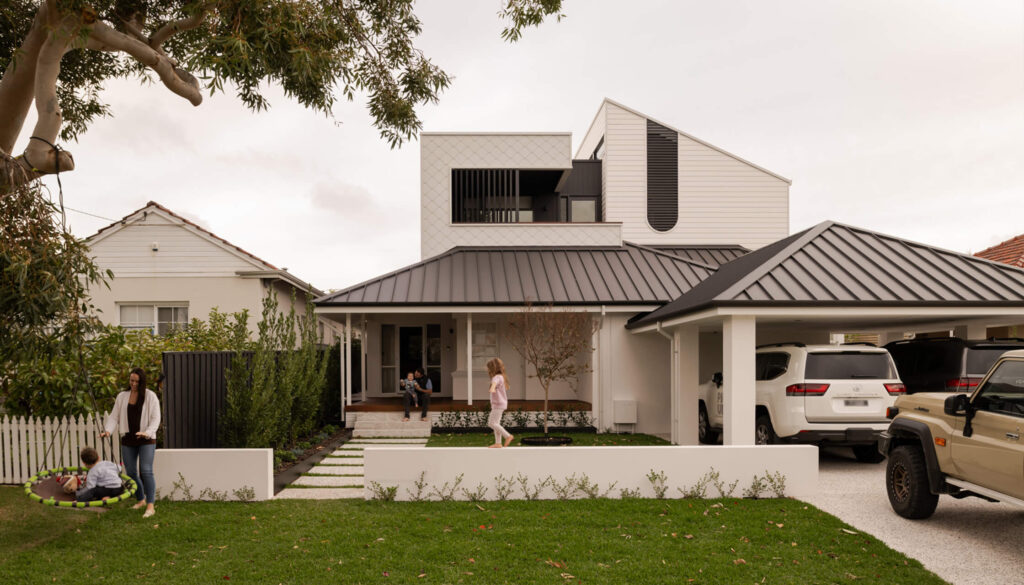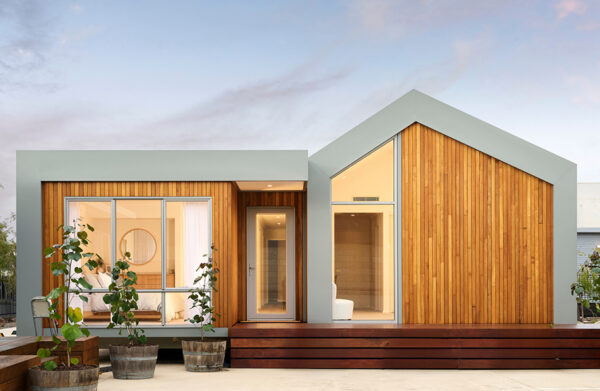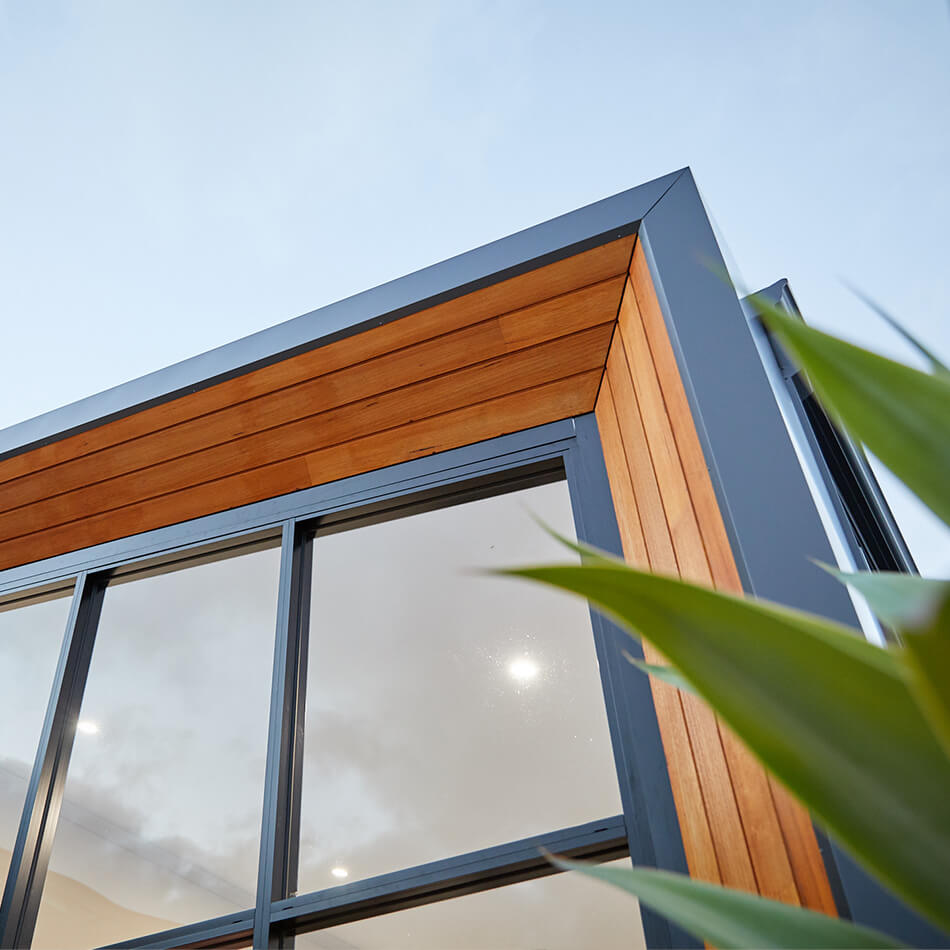In a world powered by technology, where information and convenience can be found at the touch of a button, more and more people are choosing to revert to a simpler way of living. Going off-grid gives homeowners the chance to unplug from traditional utility sources, while pocketing big savings over the years. It all sounds so straightforward– but going off-grid requires a lot of planning and commitment to be successful in the long run.
The term off-grid means to create a self-sufficient home that doesn’t rely on public utilities. Many people work towards going off-grid by adopting a sustainable lifestyle and making lifestyle changes at home to help lower their carbon footprint. So, if you’re already embracing sustainability at home, moving towards a self-sufficient lifestyle could be your next step.
At PIQUE, we’re big fans of off-grid living, and have put together a list of the top 7 things you need to go off-grid. Take a look!
-
The right location
While it’s technically legal to go off the grid wherever you live, getting the right permissions and permits can be tricky. That’s why many people choosing this lifestyle head to country areas, where land is cheaper and bigger – and the restrictions aren’t as strict.
Plus, if you’re growing food at home, having land that affords you the space to do this is vital.
-
Shelter/Home
Once you’ve got your land sorted, it’s time to sort out your shelter. At PIQUE, we have a huge range of modular home designs for you to choose from. These range from our studios that are perfect for ultimate low-maintenance living, right through to our larger home designs.
Each PIQUE home is fully customisable to your needs, making it easy to set up your new home to suit the demands of off-grid living.
-
A reliable power source
This is where the ‘off-grid’ part truly comes in. By disconnecting from the external electricity grid, you’ll be left to source your own power to run your daily tasks. Luckily, the past few decades have seen a surge in reliable renewable energy sources that benefit both the environment and your back pocket.
Solar energy is the most common energy source for those going off-grid. Important considerations include:
- The size of your home
- The number of occupants
- The type(s) of appliances you’re looking to run
- The number of solar panels you’ll need
- The orientation of your panels
You will also need an inverter to change the direct current (DC) output into alternative current (AC).
-
Power storage
Solar power helps you generate electricity during the day – but evenings are another story. To ensure you have enough power in your home, you will need a battery storage system.
Before deciding on a battery storage solution, it pays to think about:
- The upfront cost of the battery
- Ongoing maintenance costs
- The storage capacity (total vs usable)
- The power output (in kW)
- The life cycle of the battery (how many times you can charge or discharge the battery)
- The material of the battery (such as lead vs lithium)
-
Food sources
While some people embrace living fully off the land, many others supplement food sources with local produce (such as meat and dairy from farmers markets).
It’s also useful to have staples such as beans, rice and oats on hand, as well as preserved goods. If you’re setting up fruit and vegetable gardens at home, make sure to factor in growing and harvesting times, as well as understanding the different seasonal varieties available.
If you’re not planning on living fully off the land, simply considering more sustainable options can make a big impact. Things like:
- Eating animal products in moderation
- Cutting waste and composting where necessary
- Eating seasonal produce
- Avoiding single-use plastics
- Buying local (less transportation footprint)
-
Water sources
Access to fresh and clean water sources is vital, no matter where you live. By positioning a large rainwater tank close to home, you’ll be able to catch, store and treat rainwater for consumption and use in daily household tasks.
There are a huge range of rainwater tank options available, so be sure to do your homework to find the right solution for you. Consider the price, warranty, tank capacity, materials and pump devices required.
-
Waste disposal system
One of the realities of off-grid living is facing your waste. While water from your showers, washing machines and sinks (greywater) can be recycled for watering your garden or flushing toilets, water used in your toilets (blackwater) must be treated to prevent disease.
Australia has strict rules governing waste disposal, so it’s important to get in touch with your local council to discuss the options available to you.
Make it Happen
As you can see, though it does take some time and effort to go off-grid, it’s definitely doable – and offers so many benefits in the process. Plus, there’s also the option to do it in stages, such as generating your own power but still staying connected to mains water or sewerage.
Excited about the potential of going off-grid? We’d love to talk more about how we could help you get started. Chat to our friendly team today to see how you can set up the perfect home for your future adventures.
